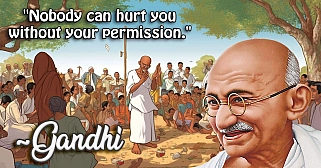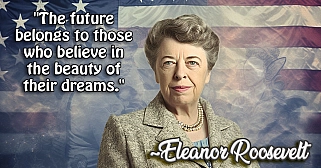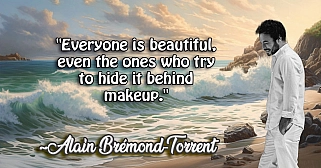Nelson Mandela: Champion of Justice and Reconciliation
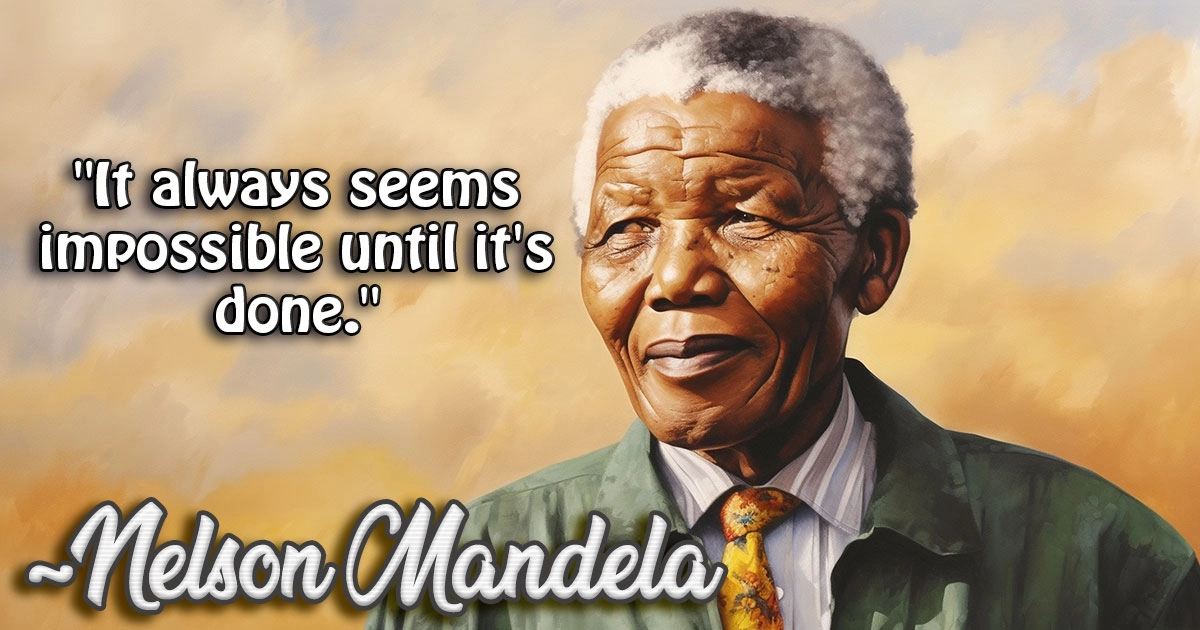
Nelson Mandela
Early Life and Education
Nelson Mandela, born Rolihlahla Mandela on July 18, 1918, in the tiny village of Mvezo in the Eastern Cape of South Africa, would grow up to become one of the most revered figures in the fight against apartheid. His father, Gadla Henry Mphakanyiswa, was a local chief and counselor to the Thembu royal family. After his father’s death, young Nelson was taken under the guardianship of Chief Jongintaba Dalindyebo, the acting regent of the Thembu people.
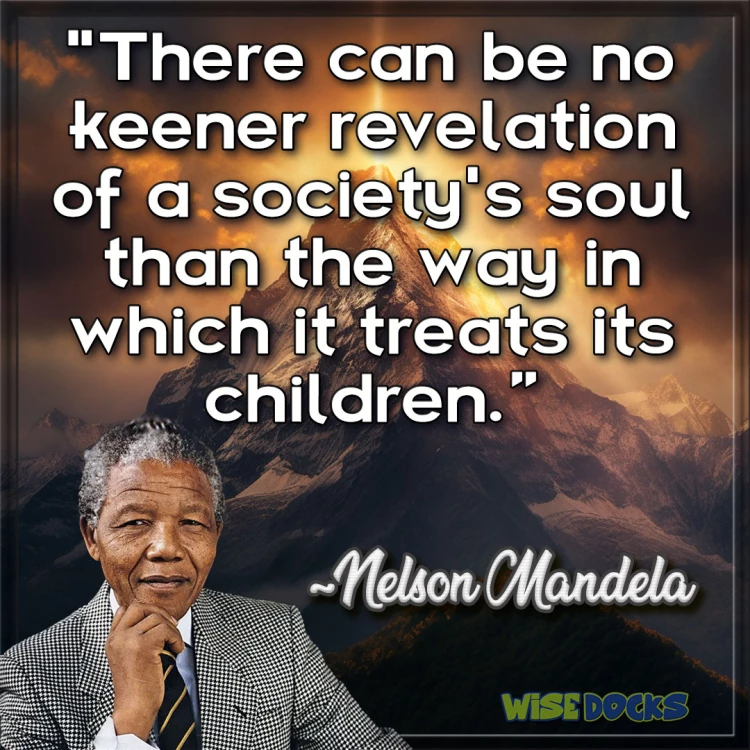
Mandela attended local mission schools, where he was given the English name "Nelson" by his teacher. He later enrolled at the prestigious Fort Hare University, where he began to develop his political consciousness. However, his time at Fort Hare was cut short when he was expelled for participating in a student protest. Determined to continue his education, Mandela completed his law degree through correspondence courses.
Activism and the African National Congress
In 1941, Mandela moved to Johannesburg in South Africa, where he encountered the stark realities of racial segregation and injustice. It was here that he joined the African National Congress (ANC) in 1943, a pivotal decision that set the course for his life’s work. Alongside other young radicals like Oliver Tambo and Walter Sisulu, Mandela co-founded the ANC Youth League, advocating for a more militant approach to ending apartheid.

The 1950s were a period of increasing activism for Mandela. He played a key role in the Defiance Campaign of 1952, which encouraged mass civil disobedience against apartheid laws. Mandela’s legal background became invaluable during this time as he and Tambo established the first black law firm in South Africa, providing legal aid to those affected by apartheid’s harsh policies.
Rivonia Trial and Imprisonment
As the apartheid regime intensified its repression, Mandela and his colleagues turned to more radical methods. In 1961, Mandela co-founded Umkhonto we Sizwe ("Spear of the Nation"), the armed wing of the ANC, which carried out sabotage campaigns against government installations. His activities eventually led to his arrest and the infamous Rivonia Trial in 1963-1964.
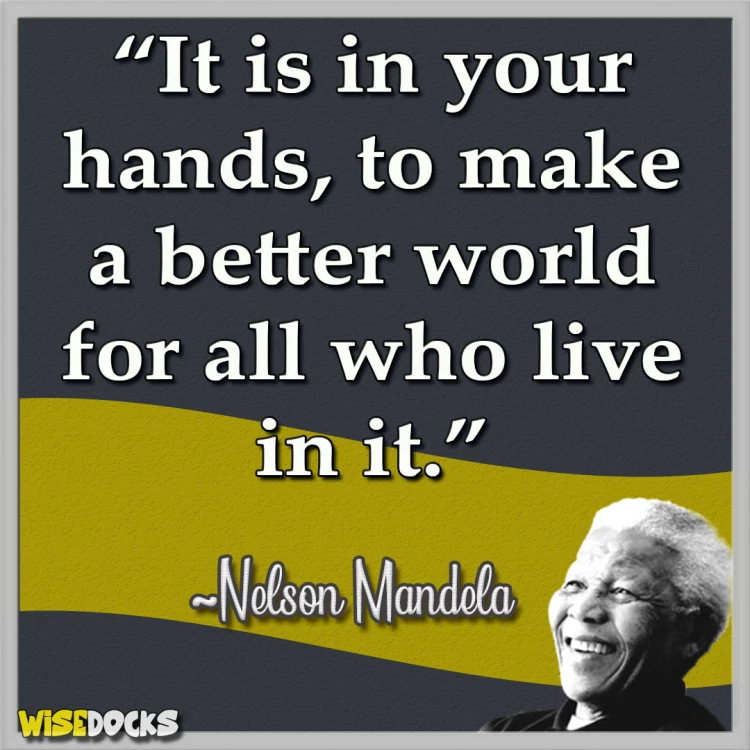
During the trial, Mandela delivered a powerful speech from the dock, where he famously declared, "I have fought against white domination, and I have fought against black domination. I have cherished the ideal of a democratic and free society in which all persons live together in harmony and with equal opportunities. It is an ideal which I hope to live for and to achieve. But if needs be, it is an ideal for which I am prepared to die."
Mandela and seven others were sentenced to life imprisonment, and he was sent to the notorious Robben Island prison, where he would spend the next 18 years. Despite the harsh conditions, Mandela remained a symbol of resistance, inspiring both his fellow inmates and those on the outside.
Release and Negotiations
Mandela's imprisonment became a global rallying point for the anti-apartheid movement. International pressure and internal unrest forced the South African government to reconsider its stance. In 1985, President P.W. Botha offered Mandela conditional release, which Mandela refused, insisting that all political prisoners be freed and that negotiations take place without preconditions.
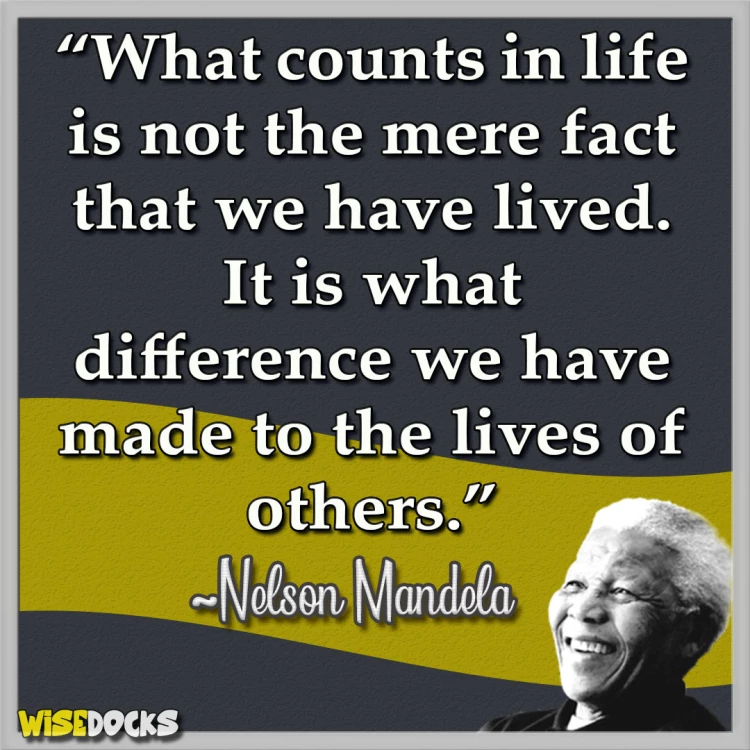
It wasn’t until February 11, 1990, that Mandela was finally released unconditionally, after 27 years behind bars. His release marked the beginning of a new chapter in South African history. Mandela immediately began negotiations with President F.W. de Klerk to dismantle apartheid and establish multiracial elections.
Presidency and Reconciliation
In 1994, South Africa held its first democratic elections, and Nelson Mandela became the country’s first black president. His presidency was marked by efforts to heal the deep racial divides and build a new, inclusive national identity. One of his most significant achievements was the establishment of the Truth and Reconciliation Commission, chaired by Archbishop Desmond Tutu, which sought to address the atrocities committed during the apartheid era and promote national healing.
Mandela's leadership was characterized by a profound commitment to reconciliation. He famously wore the Springbok rugby jersey during the 1995 Rugby World Cup, symbolizing unity and forgiveness. Under his presidency, South Africa began to establish itself as a democratic nation, though significant challenges remained in addressing the economic and social legacies of apartheid.
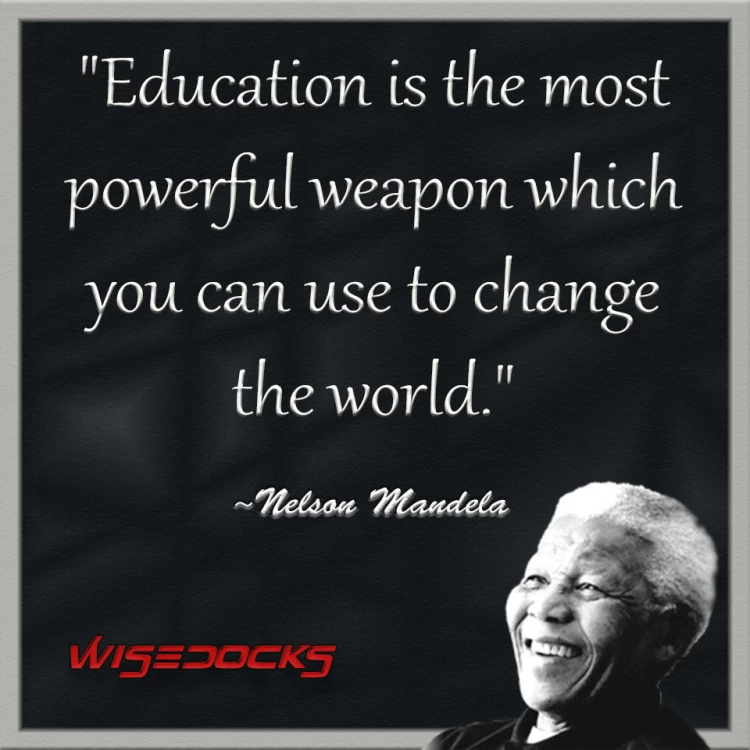
Retirement and Legacy
After serving a single term, Mandela retired in 1999, handing over the presidency to Thabo Mbeki. However, he remained active in various humanitarian efforts, particularly through the Nelson Mandela Foundation, which focused on combating HIV/AIDS, promoting rural development, and supporting education initiatives.
Mandela's impact extended far beyond the borders of South Africa. He became a global icon for peace and justice, receiving numerous awards, including the Nobel Peace Prize in 1993, which he shared with F.W. de Klerk. His autobiography, "Long Walk to Freedom," provided a detailed account of his life and the struggle against apartheid, further cementing his legacy.
Mandela’s later years were spent quietly in his home in Qunu, the village where he grew up. He passed away on December 5, 2013, at the age of 95. His death was mourned worldwide, with tributes pouring in from leaders and citizens alike, all recognizing his extraordinary contributions to human rights and social justice.
